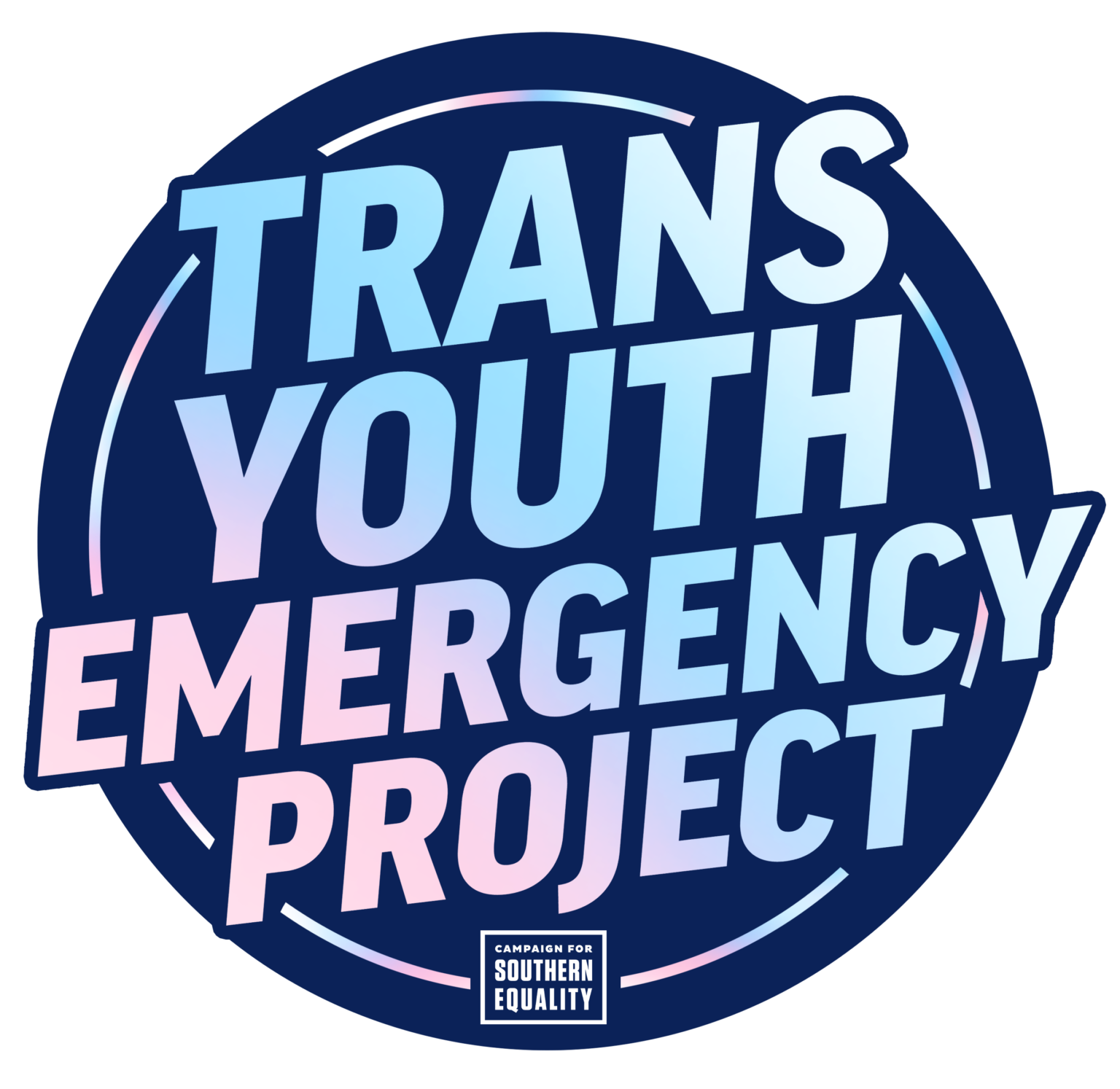Gender Spectrum is a national organization focused on creating gender-inclusive environments for children and youth. They offer educational resources, professional development, and support for families, educators, and other professionals who work with young people.
The Trans Youth Emergency Project is here to help families navigate this complex and exhausting maze, offering logistical and financial support. Their team provides 1-on-1 custom patient navigation services to unimpacted providers and supports families of transgender youth with emergency grants to help them travel for care.
The Trans Youth Emergency Project also offers their own monthly support group.
While we most encourage participation in our groups and offerings, we recognize that some people prefer to engage with a national resource that provides more anonymity.
The American Civil Liberties Union actively champions the rights of gender diverse individuals (transgender and gender nonconforming people) through litigation, lobbying, public education, and organizing efforts. Key resources include Know Your Rights guides, legal assistance for discrimination cases, educational materials about transgender law and identity, and legislative tracking of anti-LGBTQ bills across states.
Vsit the American Civil Liberties Union website with full Q&A and what you need to know about Passports.
Lambda Legal, a national legal organization dedicated to defending civil rights for LGBTQ+ and HIV-positive people, provides essential guidance for transgender, nonbinary, intersex, and gender-nonconforming individuals navigating identity documentation and travel challenges. Their resource page offers practical strategies for travel, documentation, and safety planning in 2025, including tips for passport validity, document preparation, and travel safety considerations.
PFLAG Connects Communities (PCC) provide a safe, virtual, moderated space where people with shared experiences can connect each month. PFLAG National’s current communities gather people of Latino, Black/African American, Asian American and Pacific Islander backgrounds—as well as military families, families with gender-diverse loved ones, and grandparents—to gain support, ask questions, and learn from others who have been through similar experiences. These meetings cater primarily to family members of LGBTQ+ people, and also welcome members of the LGBTQ+ community.
While we most encourage participation in our groups and offerings, we recognize that some people prefer to engage with a national resource that provides more anonymity.






